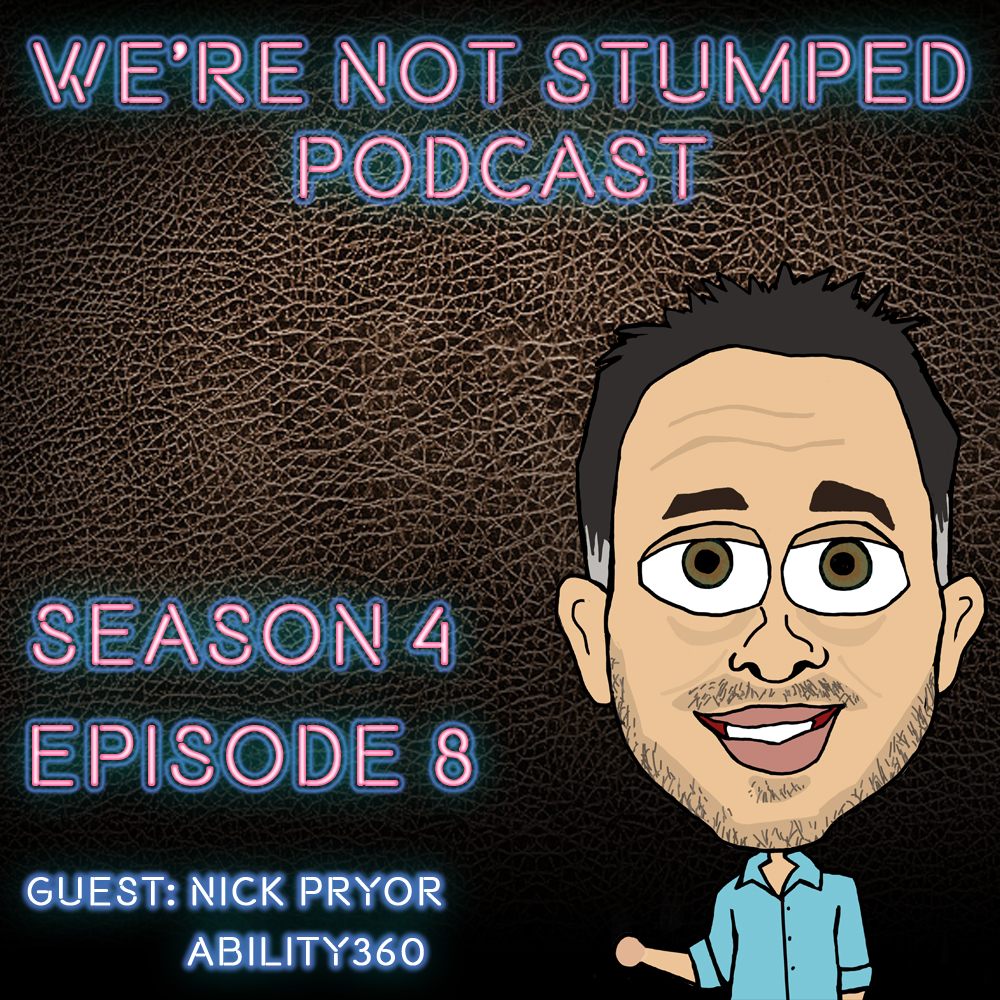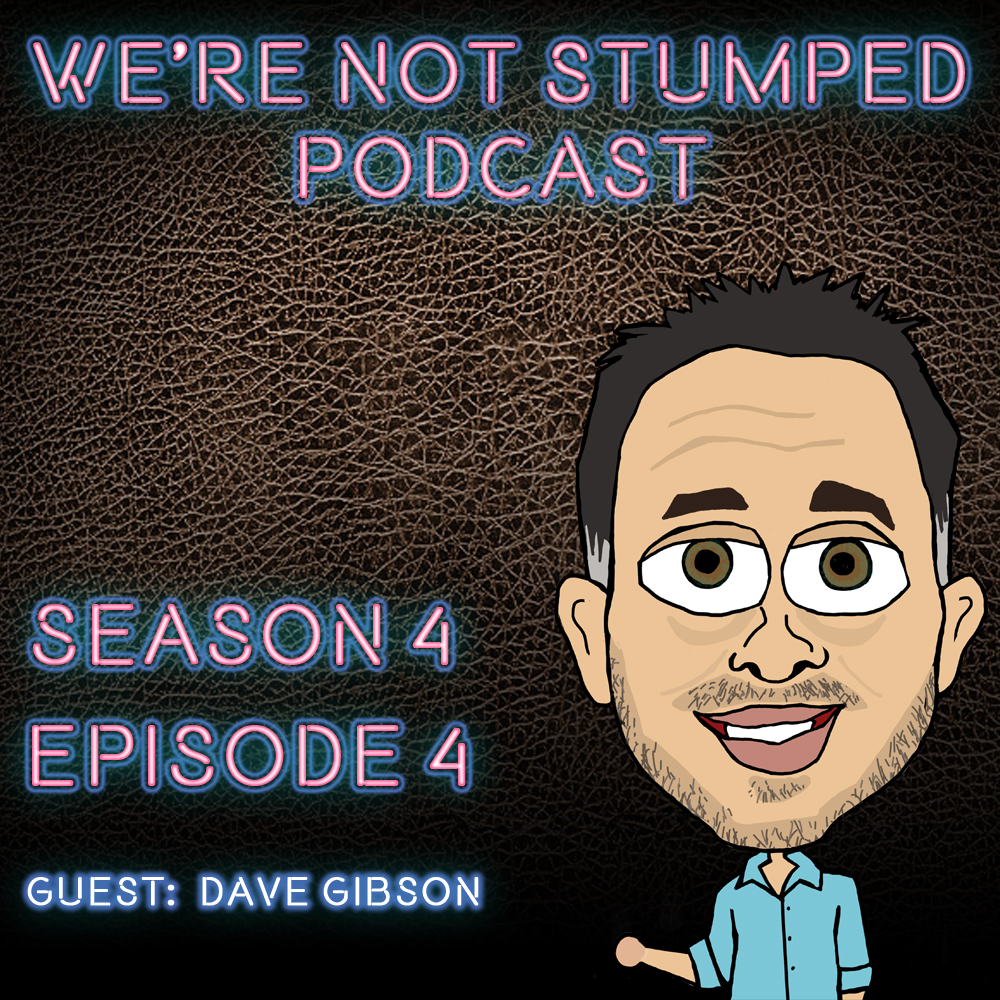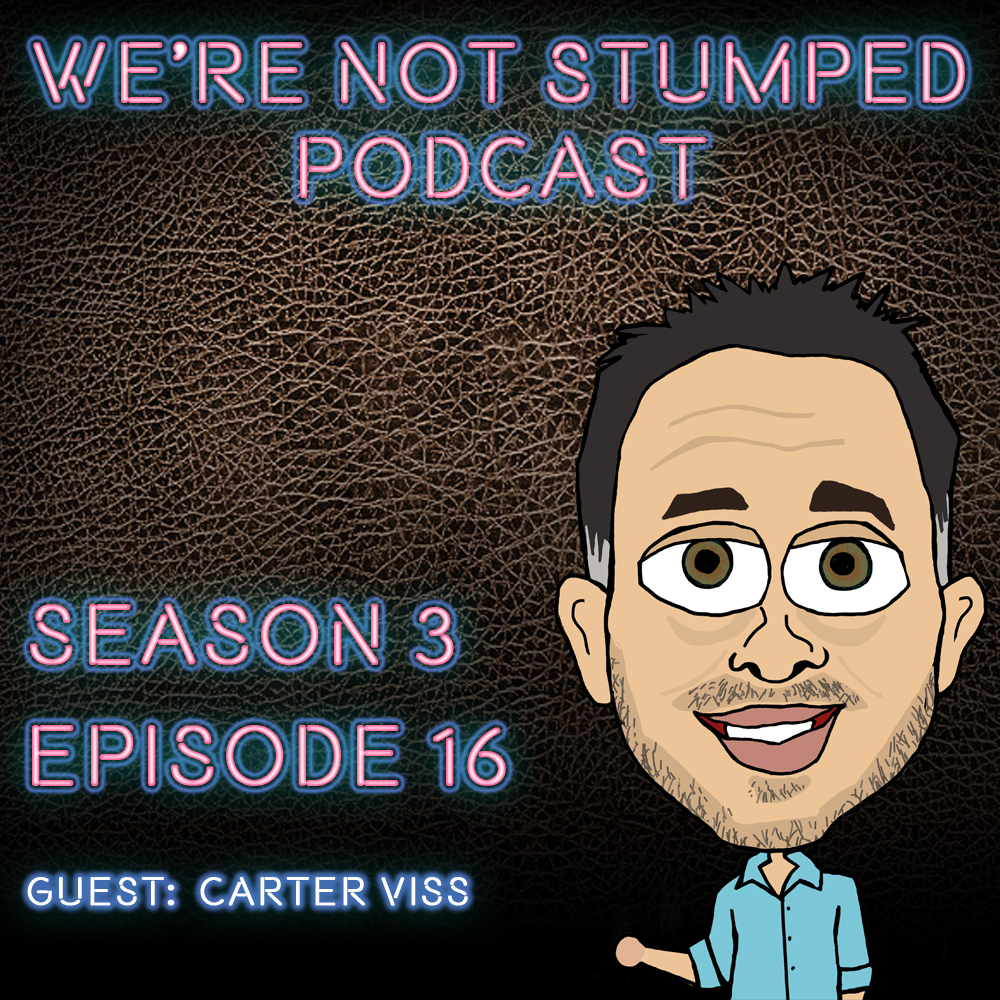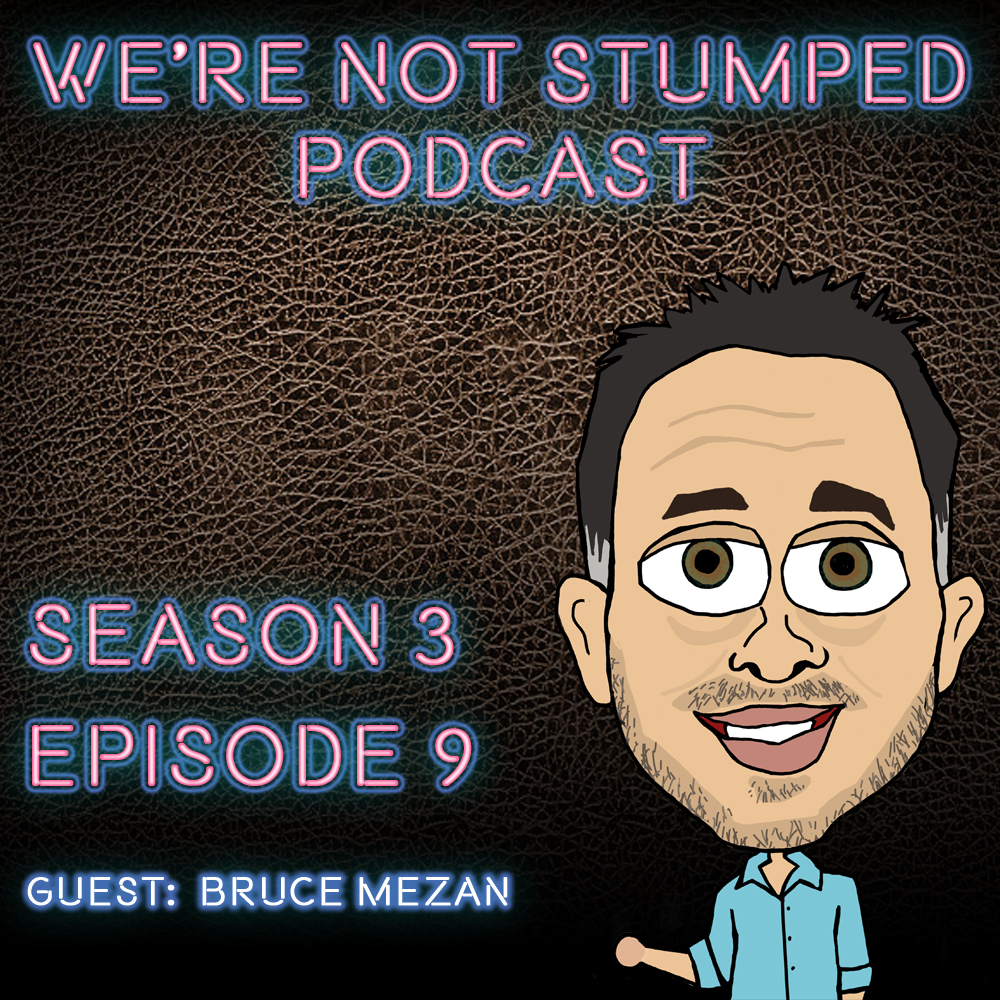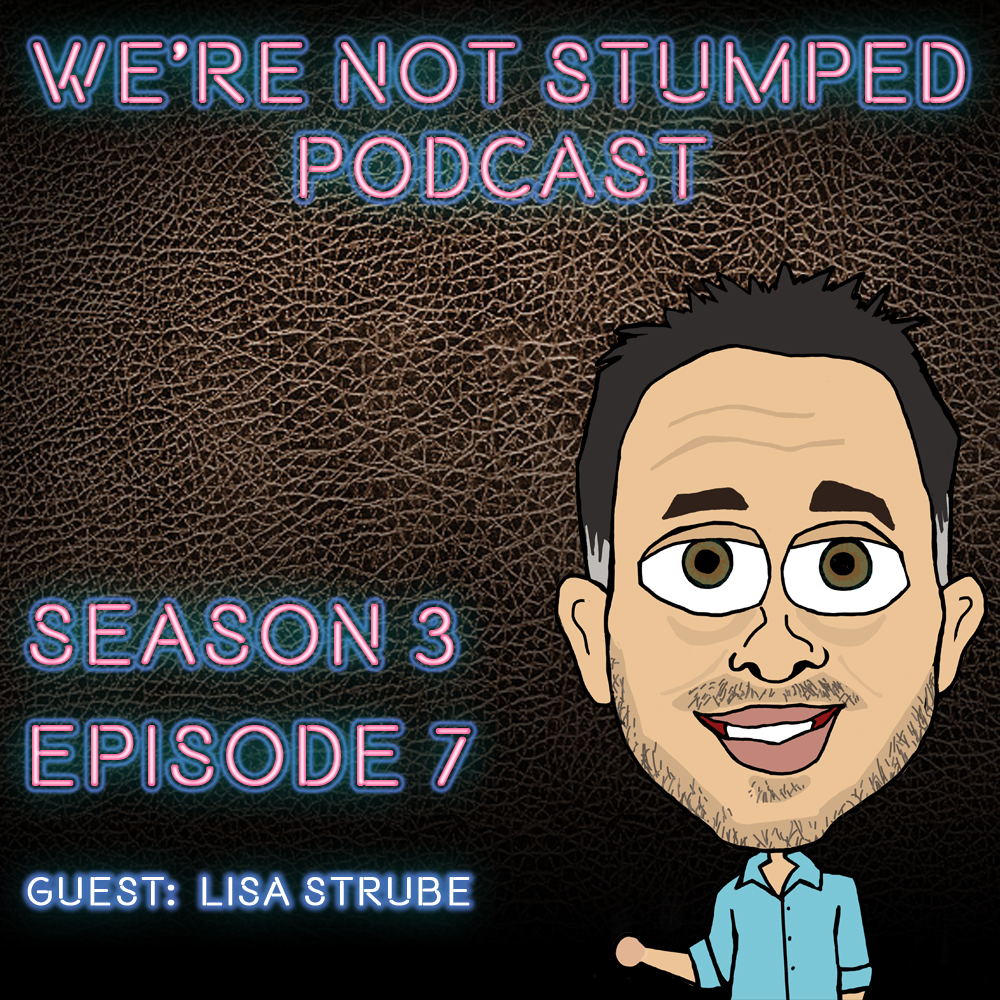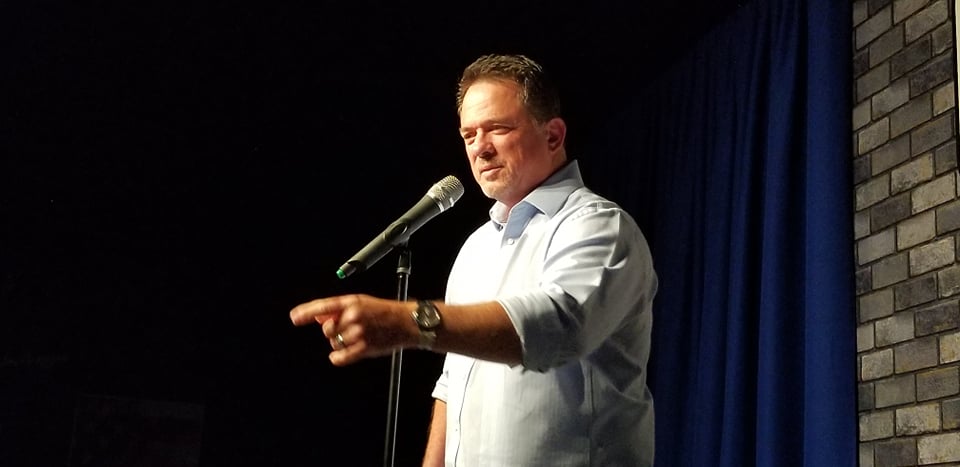Limb Loss From Accidents Podcast
Championing Abilities with Nick Pryor of Ability360 – We’re Not Stumped
In this episode of "We're Not Stumped," host Mike Bolland engages in a heartfelt conversation with amputee Nick Pryor, the inspiring Athletics Program Manager at Ability360. Nick opens up about his journey from a small town in Dunkirk, Indiana, with a population of just 2,300, to becoming a pivotal figure in the world of
We’re Not Stumped Podcast: Featuring Ashley Ramirez Left Above Knee Amputee
On this episode of "We're Not Stumped," we welcome Ashley Ramirez, an inspiring individual whose life took an unexpected turn on November 1st, 2023. A severe car accident left Ashley as an above-knee amputee on her left leg. Now, she embarks on a courageous journey of rehabilitation and adaptation, sharing her experiences and triumphs
Above Knee (Knee Disarticulation) Amputee Podcast with guest Dave Gibson
In the latest episode of the "We’re Not Stumped" podcast, the spotlight is on Dave Gibson, an inspiring individual living in Arizona who shares his powerful story of resilience and humor in the face of life's daunting challenges. Dave was born and raised in Southern California and moved to Arizona in the spring of
We’re Not Stumped, Carter Viss Upper Limb Amputee and Nonprofit Founder
Carter Viss was raised in Denver, Colorado, where his childhood was filled with adventures catching fish, reptiles, amphibians, and insects near his home. With several saltwater aquariums to his name, his affinity for aquatic life was unmistakable, a destiny perhaps hinted at by his surname, which translates to "fish" in Dutch. Pursuing his passion,
We’re Not Stumped Amputee Podcast Bruce Mezan, Victim of DUI Hit and Run, Below Knee Amputee S3 E9
In February 2020, Bruce Mezan faced a near-death encounter due to a DUI driver. While en route to lead a motorcycle safety class at 6:30 a.m., an incapacitated driver in an SUV collided with him at 50 mph as he rode through an intersection in Rancho Santa Fe. Following the accident, in which he
We’re Not Stumped S3 E7 Lisa Strube, MS, LPC, CRC, CST Above Knee Amputee
In this episode of the We’re Not Stumped podcast, meet Lisa Strube! An unfortunate accident when she was 18 led to an above knee amputation. Lisa is a therapist who has confronted her own challenges. Through the support of therapy, she successfully worked through moments of self-doubt and emerged in a better place. Specializing
About Limb Loss From Accidents
Limb loss from accidents can occur as a result of various types of traumatic incidents, including but not limited to:
- Traffic Accidents: Car, motorcycle, bicycle, and pedestrian accidents can lead to limb loss, especially if the limbs are severely injured or crushed during the collision. High-speed crashes and accidents involving heavy vehicles can result in more extensive injuries.
- Industrial Accidents: Workplace accidents in industrial settings, construction sites, factories, and other labor-intensive environments can lead to limb loss. Machinery accidents, equipment malfunctions, and exposure to hazardous conditions can cause severe injuries that require amputation.
- Sporting and Recreational Accidents: Some sports and recreational activities, especially those involving high impact or extreme physical exertion, can result in limb injuries that may necessitate amputation. Examples include skiing accidents, extreme sports injuries, and accidents during contact sports.
- Falls: Falls from heights or on slippery surfaces can lead to limb injuries, particularly if the individual lands on an outstretched limb or sustains multiple fractures that cannot be adequately repaired.
- Firearms and Explosions: Gunshot wounds, explosions, and fireworks accidents can cause severe injuries, including limb trauma, which may require amputation or partial limb removal.
- Electrical Injuries: Electrical accidents can cause severe damage to limbs, including burns and tissue damage, which may necessitate amputation in some cases.
- Natural Disasters: In rare cases, natural disasters such as earthquakes, tornadoes, or severe storms can result in traumatic limb injuries due to debris or structural collapses.
Limb loss resulting from accidents is a life-altering event that can have significant physical, emotional, and psychological impacts on the affected individuals. The rehabilitation and recovery process for accident-related limb loss typically involves the following steps:
- Immediate Medical Care: After the accident, immediate medical attention is crucial to assess the extent of the injuries, control bleeding, and stabilize the individual’s condition.
- Surgical Intervention: Depending on the severity of the limb injury, surgical procedures may be necessary to repair or stabilize the limb. In cases of extensive damage or when there is a risk of infection, amputation may be considered.
- Prosthetic Evaluation: For those who undergo amputation, prosthetic evaluation and fitting become essential. Prosthetists work with patients to design and fit prosthetic limbs tailored to their specific needs and goals.
- Rehabilitation and Physical Therapy: Physical therapy and rehabilitation play a vital role in helping individuals adapt to their prosthetic limbs, regain strength and mobility, and learn to perform daily activities.
- Psychological and Emotional Support: Coping with limb loss can be emotionally challenging. Psychologists, support groups, and counseling services are often available to help individuals and their families manage the emotional aspects of limb loss.
- Adaptive Skills Training: Patients may receive training in adaptive techniques and tools to help them overcome the challenges associated with limb loss, such as learning to use assistive devices and adapt to changes in daily routines.
Limb loss from accidents is a life-altering event that requires a multidisciplinary approach to rehabilitation and support to help affected individuals regain independence and improve their overall quality of life.

